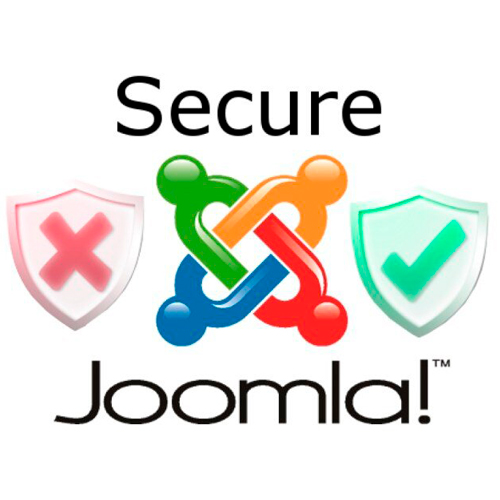
Programming & Tech
Joomla Security
Product Info
Joomla security involves implementing measures to protect a Joomla-powered website from potential threats and vulnerabilities. It includes keeping the Joomla CMS updated, using secure extensions and strong admin credentials, protecting the admin area, setting secure file permissions, performing regular backups, enabling SSL/HTTPS, using security extensions, conducting security audits, and staying informed about the latest security practices and threats. By following these best practices, website owners can enhance the security of their Joomla installations.Description
-
Joomla is a popular content management system (CMS) that powers many websites around the world. Like any software, it's important to take appropriate measures to ensure the security of your Joomla installation. Here are some tips for enhancing Joomla security:
-
Keep Joomla Updated: Always use the latest stable version of Joomla, as it includes important security patches and bug fixes. Regularly check for updates and apply them promptly.
-
Use Secure Extensions: Only install extensions and templates from trusted sources, such as the official Joomla Extensions Directory (JED). Verify the reputation and security of the extensions before installing them. Remove any unused or outdated extensions from your site.
-
Strong Admin Credentials: Use unique, strong passwords for your Joomla admin accounts. Avoid using common passwords or default login credentials. Additionally, consider implementing two-factor authentication (2FA) for an extra layer of security.
-
Protect the Admin Area: Restrict access to the Joomla administration area by IP address or use a secure VPN connection. This can help prevent unauthorized access to your site's backend.
-
Secure File and Directory Permissions: Ensure that file and directory permissions are correctly set to prevent unauthorized modifications or access. Restrict write permissions for files and directories that don't require them.
-
Regular Backups: Implement regular backups of your Joomla site, including the database and files. Store backups in a secure location separate from your website. In the event of a security incident or data loss, you can restore your site to a known good state.
-
Use SSL/HTTPS: Enable SSL (Secure Sockets Layer) for your Joomla site to encrypt communication between the web server and the user's browser. This helps protect sensitive information, such as login credentials and user data.
-
Security Extensions: Consider using security extensions or plugins specifically designed for Joomla, such as Web Application Firewalls (WAF) or malware scanners. These can provide additional layers of protection against common security threats.
-
Regular Security Audits: Conduct periodic security audits of your Joomla site to identify vulnerabilities or weaknesses. You can use security scanning tools or hire a professional to perform a comprehensive security assessment.
-
Stay Informed: Stay updated with the latest security news and advisories related to Joomla. Subscribe to Joomla security mailing lists or follow reputable Joomla security blogs to stay informed about emerging threats and recommended security practices.
Remember, no system is completely immune to security risks, but by following these best practices and maintaining vigilance, you can significantly enhance the security of your Joomla-powered website.
-

